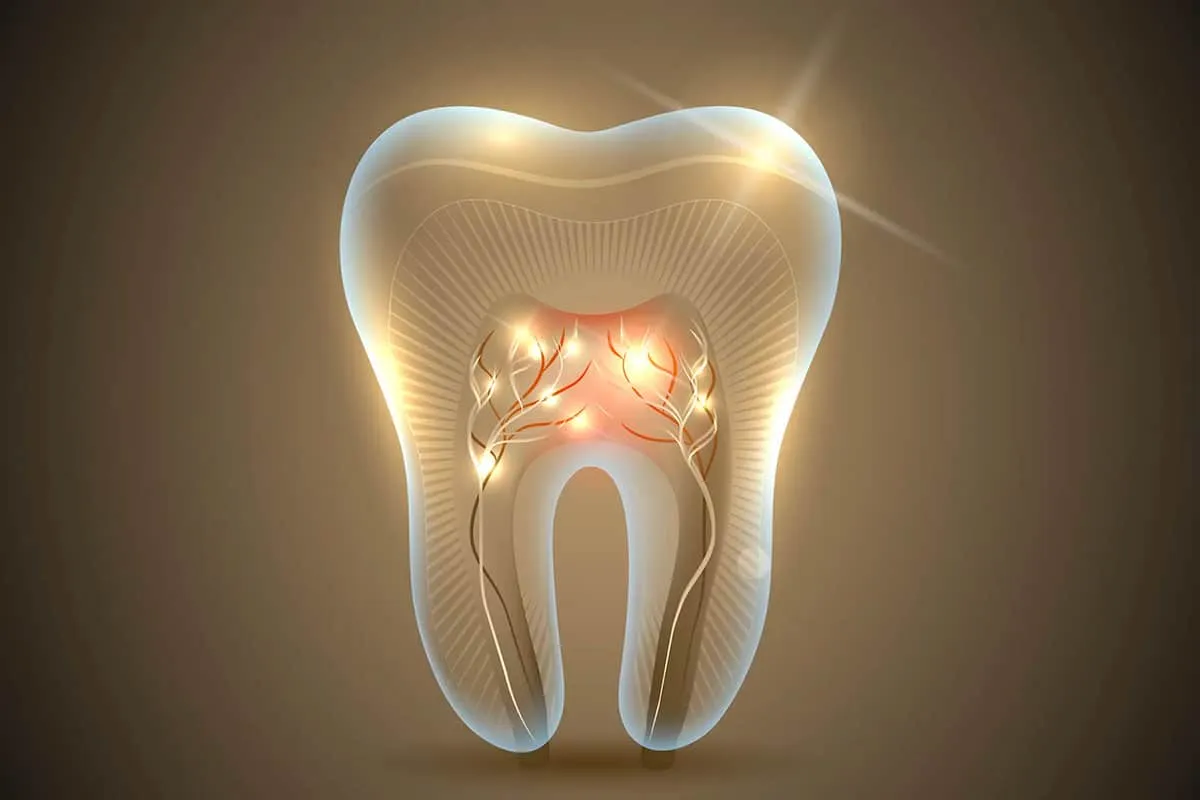Doctors have recently shown that Covid-19 destroys semen, even weeks after recovery. They expressed concerns about the possibility of irreversible infertility, after reviewing studies conducted around the world.
In general, the amount of semen and the mobility of sperm infected with Coronavirus decreased by 50%.
Professor Dan Aderka carried out an in-depth analysis by referring to some forty studies carried out on this subject . At the moment, he is starting to put in place a system of continuous monitoring for recovered patients. The aim would be to assess the long-term impact of the disease on male fertility.
The results of a Chinese study tend to confirm the professor’s concerns about the condition of the testicles of people with the Coronavirus. The damage focused on the two cells directly responsible for sperm production .
An impact on testicular function
Chinese researchers were the first to detect the effect of Covid-19 on testicular function. In theory, any cell carrying the ACE2 receptor could be infected, because it allows the virus to attach itself and enter the cell. However, spermatogonia, Leydig cells, and Sertoli cells all have it.
The research was carried out in men hospitalized and infected with Covid-19 and of childbearing age. Scientists compared their blood hormone dosages to those of another healthy group.
They then found that the infected patients had abnormal testosterone production .
The virus attaches itself in semen
Researchers cannot yet measure the extent of the damage, but they say the virus is found in the semen of 13% of infected male patients. They clarified, however, that this does not mean that it can be transmitted sexually. In addition, they noticed that within a month of recovery, there is no longer any trace of Coronavirus ribonucleic acid (RNA) in the semen.
“Men have an average reduction of about 50% in sperm count per milliliter in total ejaculate volume and sperm motility,” said Prof Dan Aderka.
However, the viral load would be low if the immune system could overcome the virus. In this case, the effects on the semen would be minimal. The doctors also argued that the load entering in the body tends to be lower if patients are protected by a mask.




Comments are closed.